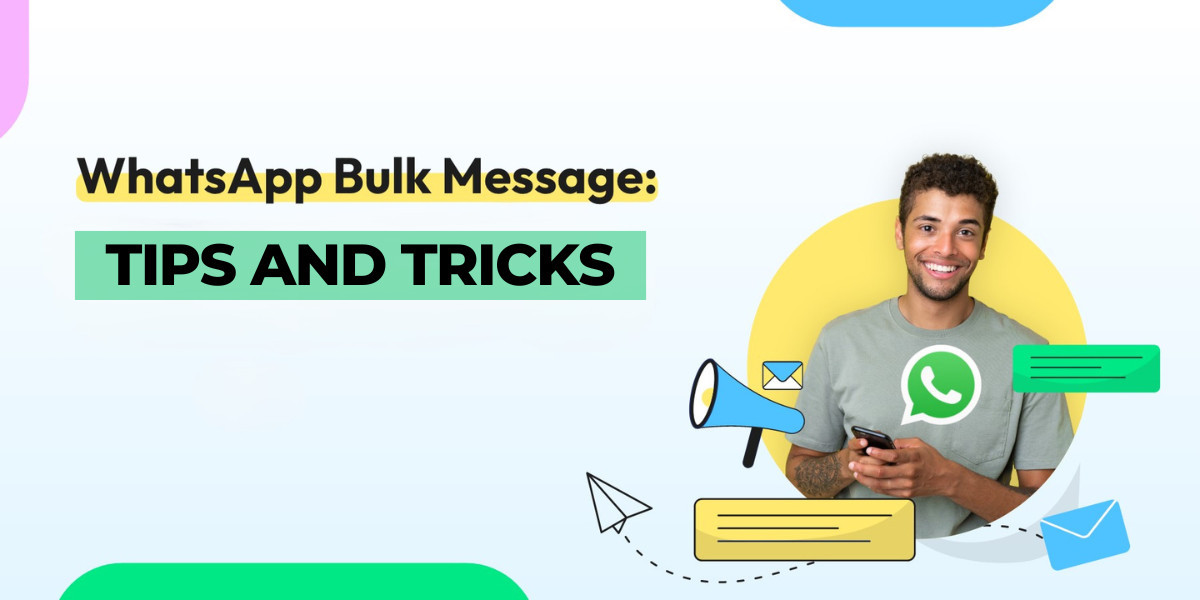Bulk messaging on WhatsApp is a powerful tool for businesses to engage with customers, share updates, and promote offers. When done correctly, automation simplifies this process, saving time and ensuring messages are delivered efficiently. Here’s a guide to automating bulk messaging on WhatsApp with best practices and key insights.
Understanding Bulk Messaging on WhatsApp
WhatsApp allows businesses to send bulk messages via the WhatsApp Business App or the WhatsApp Business API. While the app supports limited broadcasting, the API offers advanced automation and scalability, making it ideal for larger campaigns. The API requires integration with CRM tools or third-party platforms for bulk messaging.
Tips for Effective Bulk Messaging
1. Segment Your Audience- Personalize bulk messages by segmenting your audience based on preferences, purchase history, or demographics. This ensures relevance and improves engagement.
2. Craft Compelling Content- Keep your messages concise and actionable. Use a friendly tone and include call-to-action buttons or links for easy customer responses.
3. Use Rich Media- Enhance your messages with images, videos, or PDFs to convey your message effectively and grab attention.
4. Comply with WhatsApp Guidelines- Always seek customer consent before sending bulk messages to avoid violations. Use opt-in forms or confirmation messages to ensure compliance.
5. Leverage Automation Tools- Integrate WhatsApp Business API with automation platforms like Anlook, Twilio or WATI for seamless scheduling, tracking, and personalization of bulk messages.
Tricks to Maximize Impact
Timing Matters: Schedule messages at optimal times based on customer activity patterns.
Test and Refine: A/B test different content styles and analyze metrics to improve future campaigns.
Engage Continuously: Follow up on bulk messages with personalized replies or offers to maintain customer interest.
Conclusion
Automating bulk messaging on WhatsApp can transform customer engagement when approached strategically. By using advanced tools, adhering to best practices, and focusing on personalization, businesses can boost efficiency, foster loyalty, and drive conversions effortlessly.










